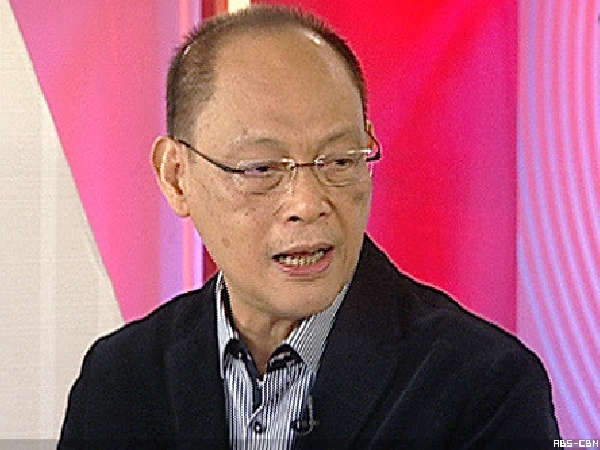The Philippines will not fall into a “debt trap” even as President Rodrigo Duterte managed to secure at least $18 billion worth of infrastructure loans from China and Japan for his “Build, Build, Build program”, Budget Secretary Benjamin Diokno said Friday.
“Don’t be scared to borrow money… The golden rule there is if the return of investment is higher than the cost of borrowing, it’s a go. No need to have second thoughts,” Diokno said in an interview on radio DZMM.
Diokno said the loans will not fund stale projects that cannot generate income.
“Kung ‘yung pera (na inutang) ay gagamitin mo lang pampataas ng suweldo, hindi talaga tama yun. Pero if you are going to use the money to invest in a project that would pay for itself, malaking bagay yun,” he said. (If that money is used to raise salary, that’s not correct. But if you are going to use the money to invest in a project that would pay for itself, it would be a wise decision)
“We should just be careful where we invest… We will be prudent in collecting [returns]. We will make sure the funds will pay for itself,” he added.
Duterte’s “Build, Build, Build” program is an ambitious infrastructure development plan that will require some P8 trillion in infrastructure spending, mostly to be sourced from the national budget but will also need a huge foreign component.
In a Forbes opinion piece, Corr Analytics founder Anders Corr has warned that the Philippines might fall into “debt bondage” if the Southeast Asian’s infrastructure push will be fueled by high-interest rate loans from China, the most likely lender.
Corr said, given China’s prevailing interest rates, the current Philippine national government debt of approximately $123 billion could rise to over a trillion US dollars in 10 years.
Diokno said he is confident that the country can pay off its loans as the government would only borrow under favorable interest rates to “make sure that our debt will be manageable and sustainable.”
“Utang ‘yan pero hindi yan ganun kamahalan. Siguro between to 3-5 percent (interest) lang,” the budget secretary said. (It’s debt, but it’s not that big. Perhaps between 3-5 percent interest only)
The budget chief said the Philippine debt is still in the safe zone as the country’s economy is projected to “outgrow” its financial liabilities in the coming years.
“Our debt to GDP (gross domestic product) ratio now is at 40 percent. If you fall below the 60 percent it’s still okay,” Diokno said.
“Based on our studies 40 percent will fall to 35 percent because our economy will speed up due to these projects,” he added.
Trade Secretary Ramon Lopez earlier noted that only 20 percent of the total budget for the Philippines’ infrastructure program under Duterte will come from loans.
This story is re-published from ABS-CBNNews




